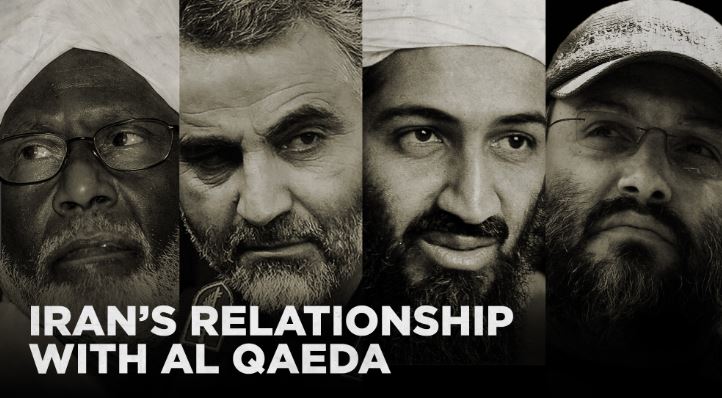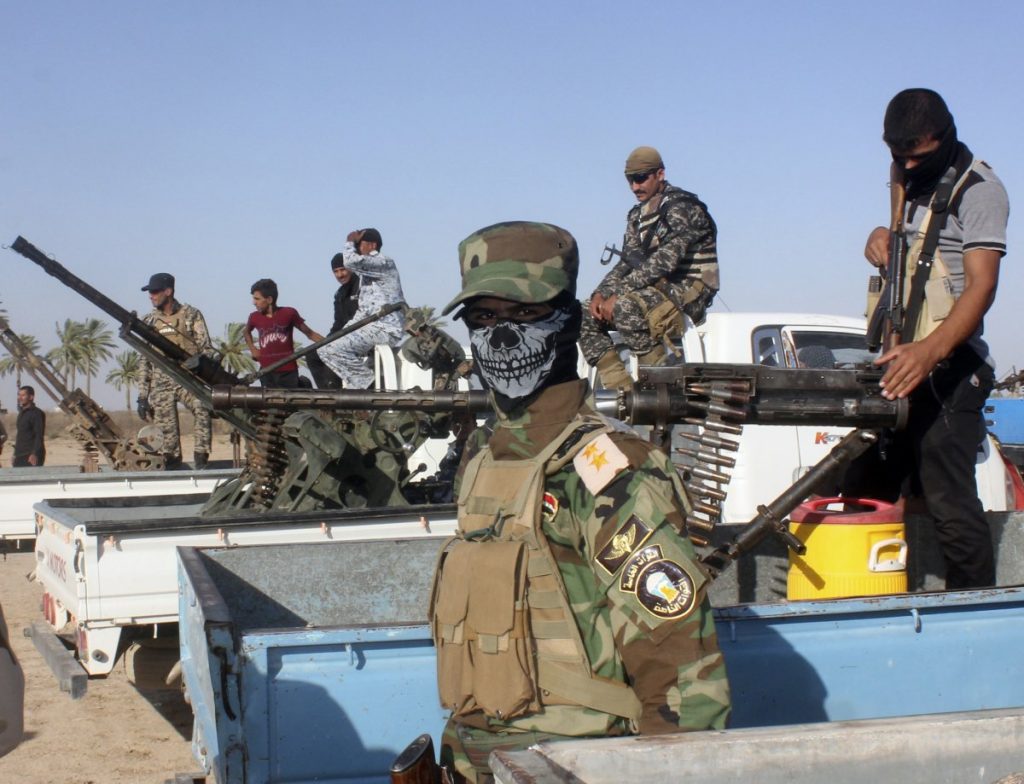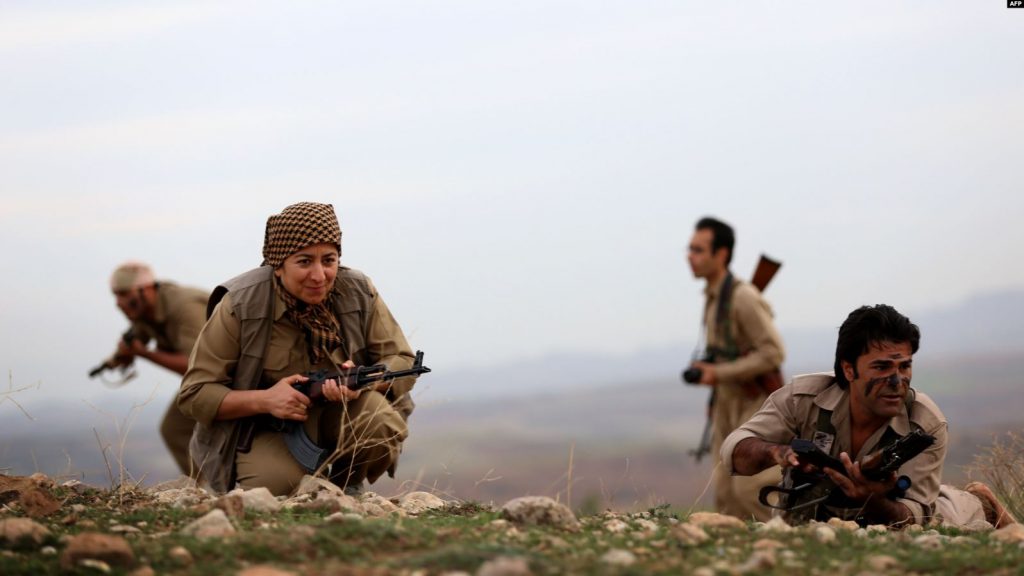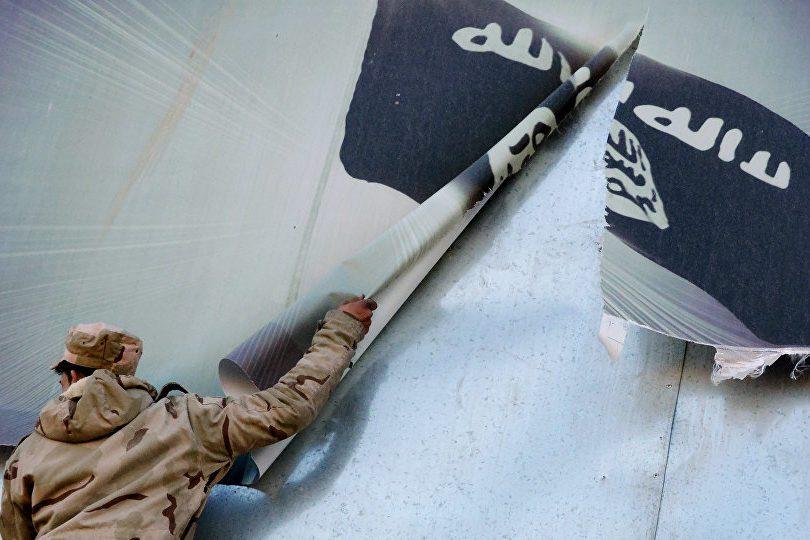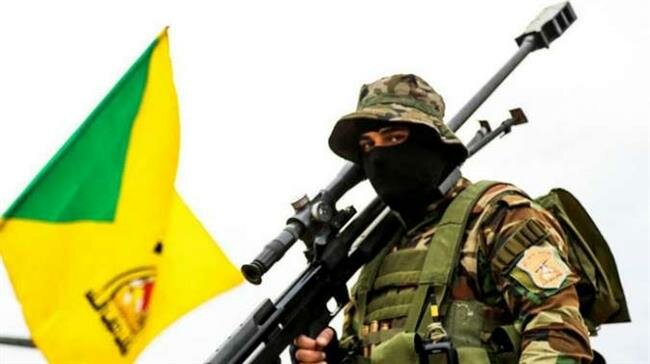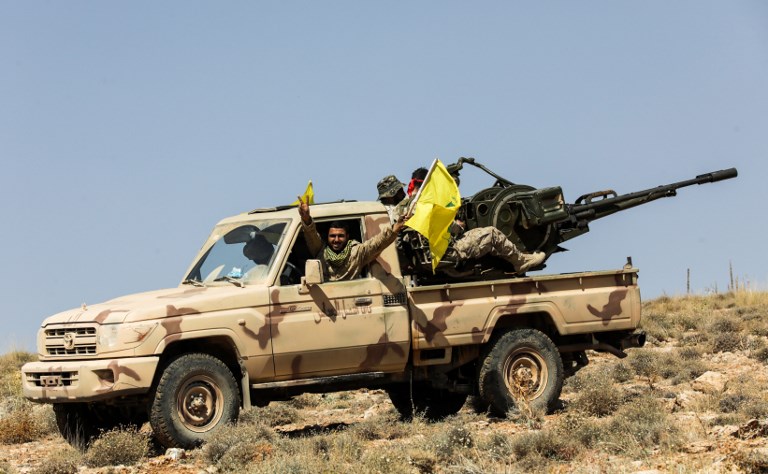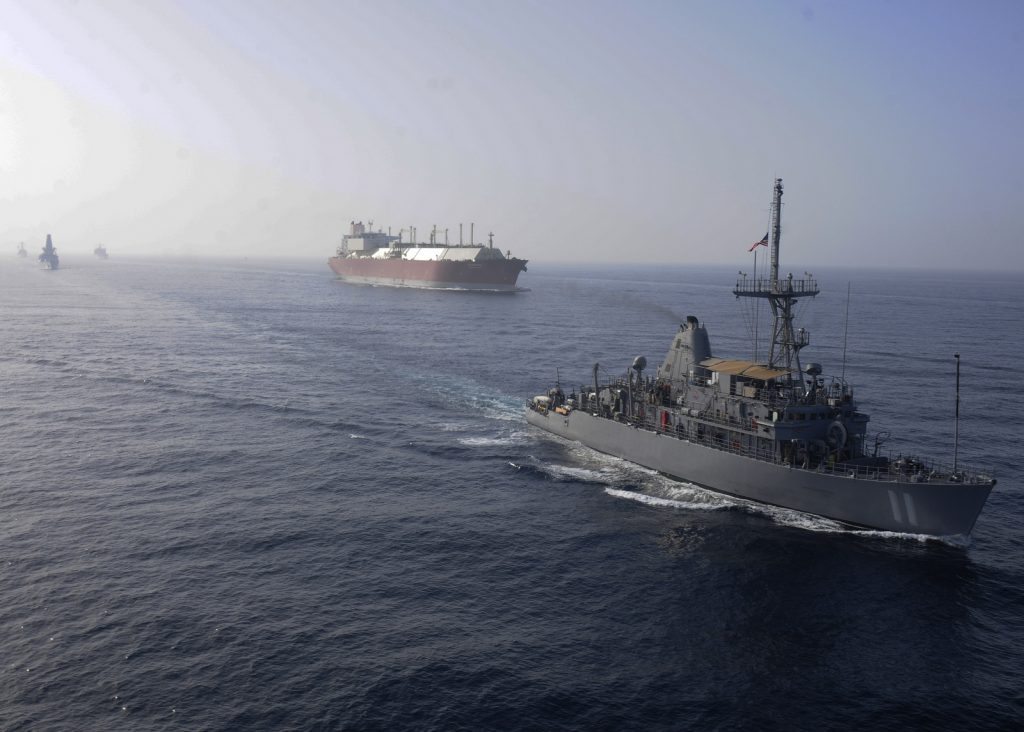
The United States is planning to send command vessels and step up surveillance efforts in the Arabian Gulf as it forms a coalition of nations to secure commercial shipping in the wake of attacks on vessels Washington blamed on Iran, like reported by thenational.ae.
America is seeking to enlist allies over the coming weeks to form a coalition that will deploy ships to the region to prevent any further attacks that could damage the world oil supply.
Marine General Joseph Dunford, chairman of the Joint Chiefs of Staff, gave details of the plan after meetings on Tuesday with acting US Defence Secretary Mark Esper and Secretary of State Mike Pompeo.
“We’re engaging now with a number of countries to see if we can put together a coalition that would ensure freedom of navigation both in the Straits of Hormuz and the Bab Al Mandeb,” Gen Dunford said.
“And so I think probably over the next couple of weeks we’ll identify which nations have the political will to support that initiative and then we’ll work directly with the militaries to identify the specific capabilities that’ll support that.”
Earlier this week, a senior Emirati official told The National that the UAE supports a collective response to safeguard shipping and countering threats in the Gulf rather than individual states taking unilateral action that is not co-ordinated. The official did not specifically refer to a particular plan, such as the one mentioned by Gen Dunford, but said that there had been a lot of co-ordination with the US and other allies in the wake of the recent tanker attacks.
Just over a year ago the US administration pulled out of the 2015 nuclear deal signed by Iran and world powers to set strict limits and checks on uranium enrichment and use in exchange for sanctions relief. The White House has placed rafts of sanctions on Iran since exiting the deal.
But tensions in the region escalated after four tankers were hit in a sabotage attack off the coast of the UAE port of Fujairah in May. Nearly a month later a further two tankers were struck in the Gulf of Oman. The US has blamed Iran for both attacks.
Iran-backed Houthi rebels in Yemen have also stepped up drone attacks on Saudi Arabia in a move that the US has said is directed from Tehran. Dozens of civilians have been wounded and at least one killed in Yemeni rebel drone attacks on Abha airport in southern Saudi Arabia.
Gen Dunford said the United States would provide “command and control” ships but said the goal would be for other countries to provide vessels to patrol waters between those command ships.
The third part of the mission would involve coalition members escorting their countries’ commercial vessels.
“The expectation is that the actual patrolling and escorts would be done by others,” he said.
Gen Dunford said the size of the campaign could be adjusted based on the number of countries that commit to it.
“This will be scalable, right? So with a small number of contributors, we can have a small mission. And we’ll expand that as the number of nations that are willing to participate identify themselves,” he said.
Although oil markets have not reacted to the tensions with any major increases in prices, with around 21 million barrels per day passing through the Strait of Hormuz – the chokepoint between the Arabian Gulf and the Gulf of Oman – as much as a fifth of the world’s oil supply could be impacted if the narrow channel is shut by Iran.
Iraqi Prime Minister Adel Abdul Mahdi said on Tuesday that any disruption to oil exports through the Strait of Hormuz will be a “major obstacle” for his country’s economy. His government was studying contingency plans to deal with possible disruptions, including looking at alternative routes for oil exports, Mr Abdul Mahdi said at his weekly press conference.
The US has repeatedly said that any attempt by Iran to close the Strait would result in a swift military response.
Part of the response to the May and June attacks, American officials have said, is closely co-ordinating with regional partners and allies to determine next steps. The latest US proposal of an international coalition to safeguard shipping in the Strait appears to be one of the outcomes of this.
However, one striking element of Gen Dunford’s comments is his reference to Bab Al Mandeb, off Yemen.
Although US officials had publicly discussed plans to safeguard the Strait, Gen Dunford disclosed that the coalition would also seek to bolster security in the waters off the west coast of Yemen.
While no ships in the other crucial channel, a passage of just 20 kilometres wide at the narrowest point, have been hit in the recent high profile wave of tanker attacks, Houthi rebels have previously hit ships in the strait.
Nearly 4 million barrels of oil are shipped daily through the Bab Al Mandeb to Europe, the United States and Asia, plus commercial goods. The channel leads north to the Suez canal.
Earlier this week, the Saudi-led coalition said they intercepted an unmanned, bomb-laden vessel attempting to strike commercial shipping near Bab Al Mandab. Last year Saudi Arabia, the world’s biggest crude exporter, halted exports through the Bab Al Mandeb because of a Houthi attack on a tanker in the strategic waterway, before resuming them 10 days later.
The US plan is largely in line with its oft-stated aim of safeguarding the free movement of international shipping through international waters that underpins the global economy. The US has deployed military vessels and aircraft to carry out symbolic manoeuvres in contested or tense areas to demonstrate their commitment to free navigation.
However, the US carrier group led by the USS Abraham Lincoln that was sent to the Gulf region to respond to Iranian threats has stayed out of the Strait of Hormuz to avoid unnecessary escalation.
The group has remained hundreds of kilometres from the vital strait because “You don’t want to inadvertently escalate something,” Capt Putnam Browne, the commanding officer of the Lincoln, told AP in June.
Iran has repeatedly threatened to hit US vessels with a commander in the elite Revolutionary Guards saying on Tuesday night that “our missiles will destroy their [US] aircraft carriers if they make a mistake,”
Hossein Nejat said that the US is “well aware of the consequences of a military confrontation with Iran” and added that American bases were well in range of Iranian ballistic missiles.
Gen Dunford did not address any concerns of escalation if the navy navigates the channel into the Arabian Gulf.

